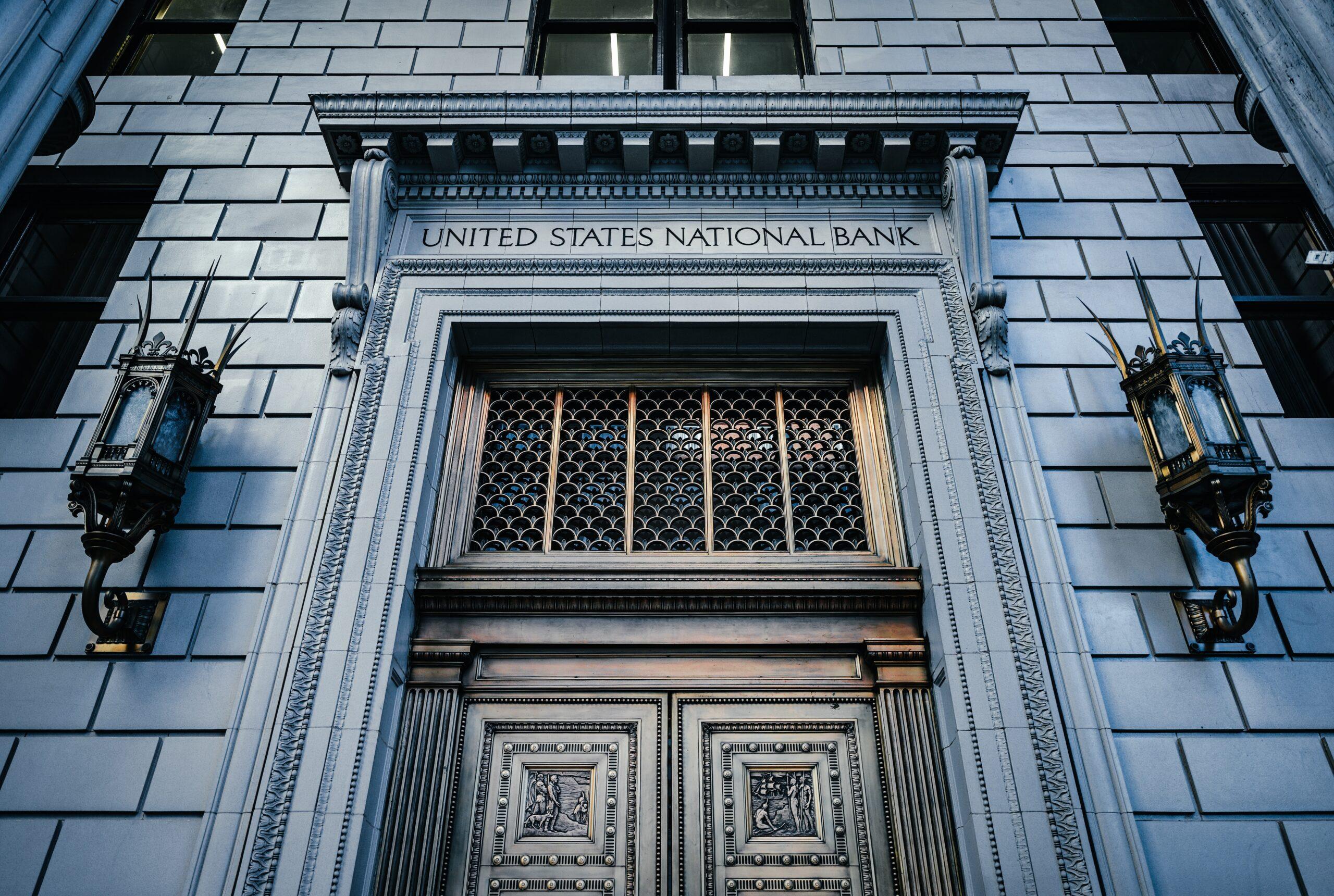Safe deposit boxes have generally been regarded as a safe place for irreplaceable documents and assets. A safe deposit box is more secure than storing these items in one’s home where they may be susceptible to burglary or a natural disaster or, in a digital drop box (for documents), which may be hacked online. The financial institutions that afford customers boxes maintain vaults, security systems, cameras and verification methods to safeguard the contents. However, there are special considerations to keep in mind when using a safe deposit box:
- The contents of boxes are not insured by the FDIC since noone, other than the owner, knows the contents of the safe deposit box.
- If safe deposit box keys are lost, replacement can be time consuming.
- Safe deposit boxes are not immune from natural disasters or other forms of destruction. On 9/11, the Chase vault was incinerated. During hurricane Katrina, numerous banks were inundated by flood waters and their vaults destroyed.
- Banks are not open 24/7. In case of an emergency, important documents such as a health care proxy or power of attorney may not be accessible.
- Your rental agreement specifies who has access to the box. Anyone else, such as the agent under your power of attorney, will require a court order to gain access.
- Your power of attorney is only valid during your lifetime. Upon your death, the bank will require your agent to get authorization from the court to open your box: letters of administration or letters testamentary will be required.
- NY Surrogates court requires the original Will to be filed for probate. If the Will is in the safe deposit box, a special proceeding will be required to open the box to secure the Will for filing.
- Access to even a jointly owed safe deposit will be restricted after the death or incapacity of one of the account holders. The bank is likely to seal the box and prevent further access and/or changes to the account until authorization is secured from the court.
- Many of the documents that people used to store in safe deposit boxes no longer need this special treatment. Deeds are readily accessible from the Clerk of the County in which the property is situated and life insurance companies are obligated to maintain policies and respond to inquiries by insureds, policy holders and beneficiaries.
An individual who is perceived to have diminished capacity may be prevented from accessing their own safe deposit box if the bank is concerned that they are being influenced by others. If the bank employees raise concerns, the bank has discretion to block access to a box, even by the account holder. The bank and its legal department may forestall the owner’s entry.
This is precisely what recently happened to one of our clients. The court had directed an inventory of the safe deposit box and the bank’s representative refused to provide access, despite the fact that the owner of the box was present and in possession of the court order.
For these and other reasons, safe deposit boxes aren’t utilized as often as they used to be. Sometimes, owners fail to inform their loved ones of the existence of a box and it is only discovered after the owner has passed away. This, too, can result in costly delays in the administration of the estate.
When choosing how to store your valuables or important documents, it is wise to consider alternatives that will provide more flexibility and ease so that, when life happens, there isn’t another roadblock. Alternatively, address the safe deposit box in your estate planning documents and keep an inventory of the contents close at hand.





